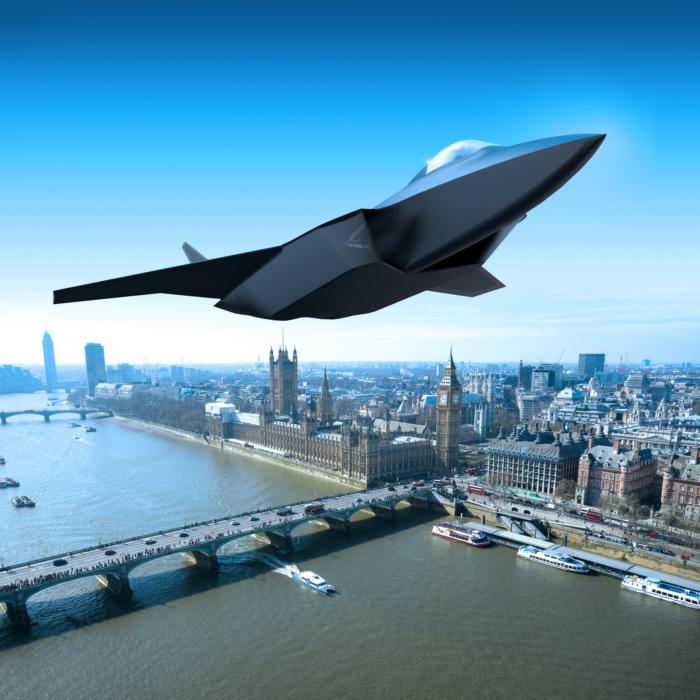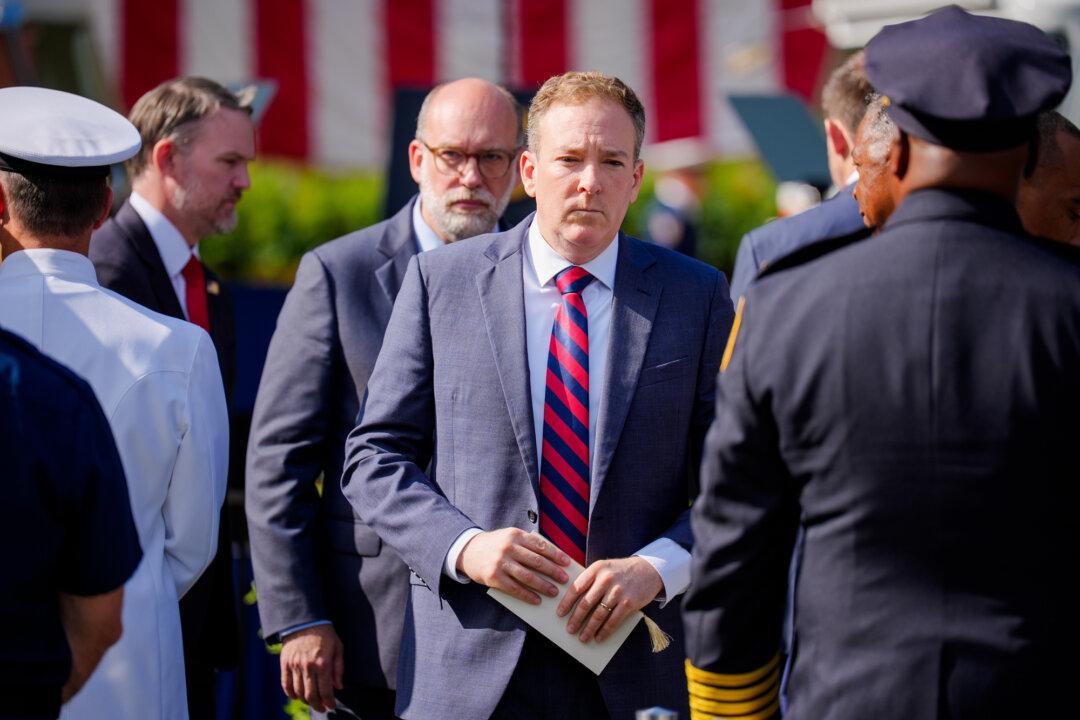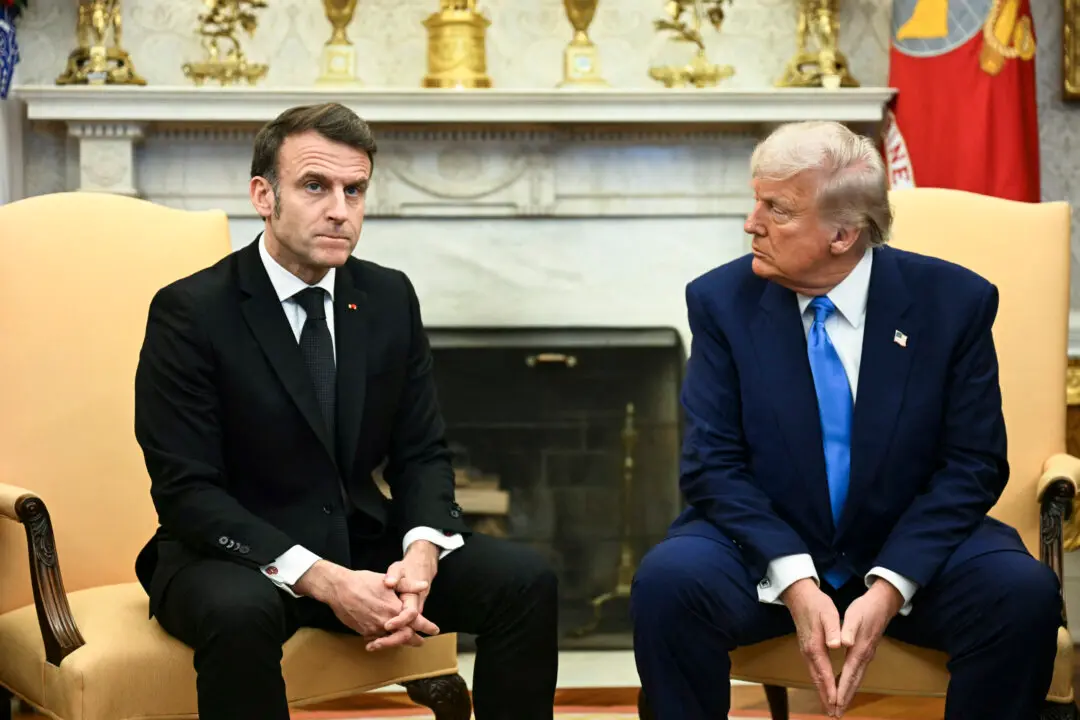Union chiefs warned on Thursday that production of British built Typhoon jets has “essentially stopped,” raising concerns about loss of jobs and damage to the UK aircraft industry.
Unite represents around 9,000 workers over two BAE Systems sites at Warton and Samlesbury, where the defence company manufactures and tests military aircraft, including Eurofighter Typhoon jets.
Concerned with reports of Typhoons being retired from active Royal Air Force (RAF) and plans to replace them with U.S. built F35A aircraft, Unite has called on the government to take action.
The union urged the government to commit to an order of 24 Typhoon jets, adding that without it jobs and skills will be lost.
Combat Air Strategy
Established in 2022, GCAP is a partnership between the UK, Japan, and Italy aiming to manufacture and deliver next-generation crewed combat aircraft.The need for a new combat aircraft was outlined in the Combat Air Strategy, introduced by the government in 2018. The aim was to retail the sovereign capability to design and manufacture combat aircraft within Britain.
Government plans would see Britain retain its position as a world leader in combat air manufacturing, amid plans to replace the Eurofighter Typhoon, which will begin to leave service during the 2030s.
Unite’s letter stressed that Labour’s industrial plan should include Combat Air at its heart. This will generate jobs and deliver “huge economic benefit” for the country, the union said.
A domestic order of Typhoon jets will also boost international investment interest, including by Qatar, Saudi Arabia, Turkey, Egypt, and Poland, and generate export revenue, the letter added.
Listing the benefits of the Eurofighter Typhoon programme, union chiefs said it delivers £2 billion annually to the UK economy, employs more than 20,000 workers, and boosts export revenues by around £1.6 billion to £2 billion every year.
Defence Spending
The MoD places the RAF at the centre of UK national security. In written evidence, submitted last year, the MoD said that the war in Ukraine had led to double the number of Typhoon combat missions compared with the year before.While Labour has pledged to deliver a strong defence industrial strategy, it avoided mentioning GCAP in its 2024 manifesto.
The October Budget delivered a promise of an additional £2.9 billion in MoD spending. When allocating these funds, Unite urged ministers to prioritise procurement that benefits UK jobs and industry.
“This country has world class aerospace and shipbuilding capabilities. Buying British is crucial if we are going to retain them, for the sake of our national security as well as our future economic growth,” Unite General Secretary Sharon Graham said last week.
Commenting on defence spending on Monday, Healey said that aircraft carriers constitute an important defence programme.
“We are considering the threats that we face and the future capabilities that we need as part of the strategic defence review, which will report in the spring, and we will follow that within our clear path and our commitment to spending 2.5 percent of GDP on defence,” he told MPs.







